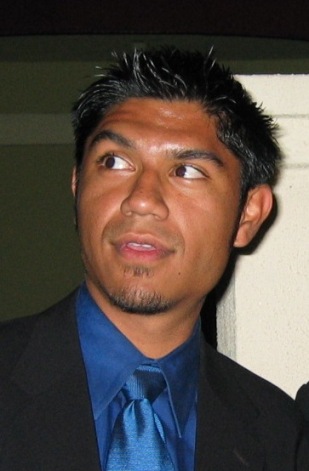So much Business yet to be done!
Box-office bounty stirs deals
go to original article
""Seventy-five percent of the revenue comes from the weekend," Mr. Brown said. His recent initiatives are attempts to address the question: "Is there a way with price that you can create opportunity, a new market?""This is the question that first got me thinking about how movie theaters run. Or I suppose, it was this question's inverse/evil twin which goes something like:
"All these seats are empty on tuesday afternoons. What a waste! Wait, why am I paying full price for this?"
So, it certainly makes intuitive sense from the consumer side that there's room for a new market based on a new pricing structure.
But after a couple of years of thinking about it, I don't think it's true. There's certainly some amount of inefficiency that is inherent in most theater businesses. They only fill to capacity under very specific conditions. The rest of the time, a lot of them go unused.
But the reality is, the rest of that space can't really be used for the same kind of stuff during the rest of the day. Society revolves around a set of fairly rigid schedules, that are pretty much inflexible. The 9 to 5 workday pretty much accounts for most people's productivity time (including people who work at home). There's just this implicit contract that everyone is going to conduct productive business at this time. 6 to 10 and weekends and holidays is entertainment time. Period.
Until recently, the amount of business that was able to be done during the entertainment hours was plenty fine. But with the current competition for those entertainment hours, the dedicated entertainment spaces can't get it done anymore.
So is there something else that the big spaces can be used for during the daytime? Not that I can think of. Company meetings are not consistent enough, or there are already other resources devoted to that kind of thing within the company. It might be nice to use a public venue like a movie theater for conducting meetings or trainings, but it's just not suited for the task. Think of trying to watch a movie in a company conference room. It works, it's kinda fun for a while, but in the end, it's not that comfortable and it doesn't feel right.
Movie theaters are designed to evoke certain emotions, and productivity is not among them.
And if you think about the other entertainment spaces that are really successful right now, their hallmark is their multi use. Home Theaters that double as living rooms. PCs that double as everything.
I suspect there needs to be some push towards efficiency (if you can call it that) of this nature: making theaters that can totally transform during the day into some other useful venue.



